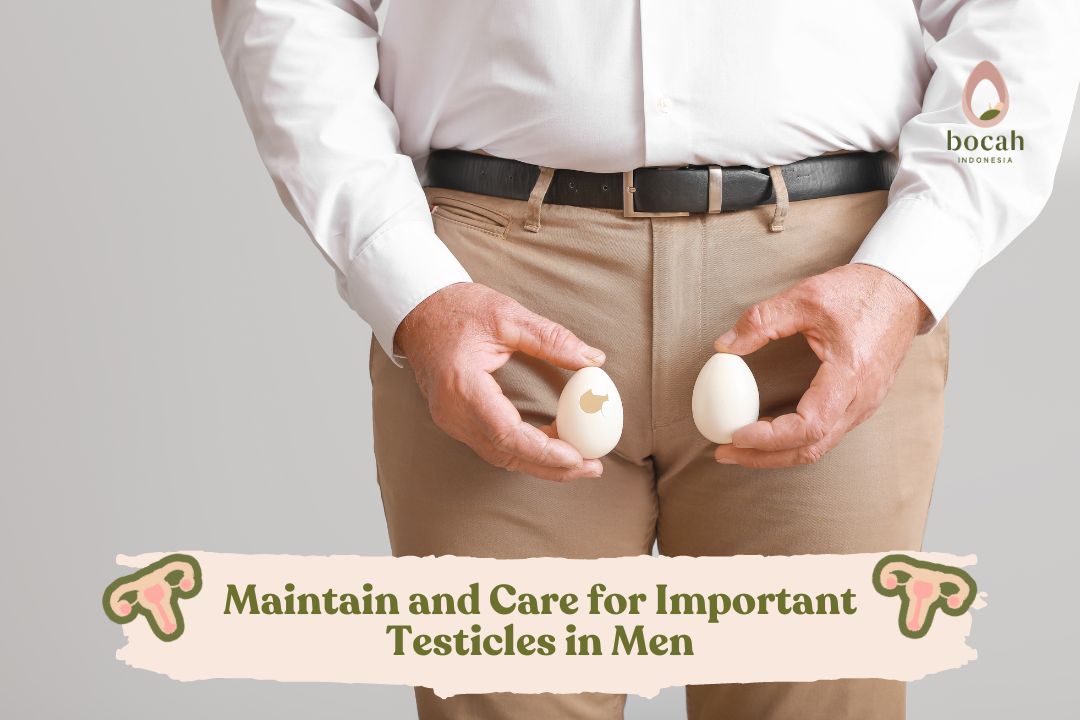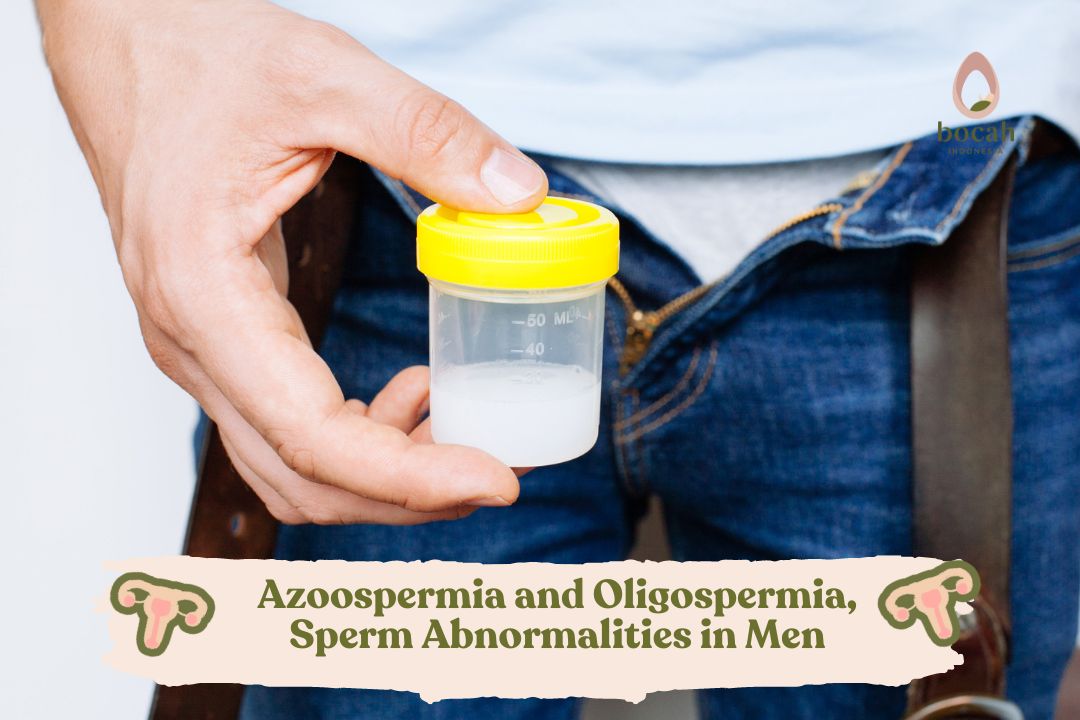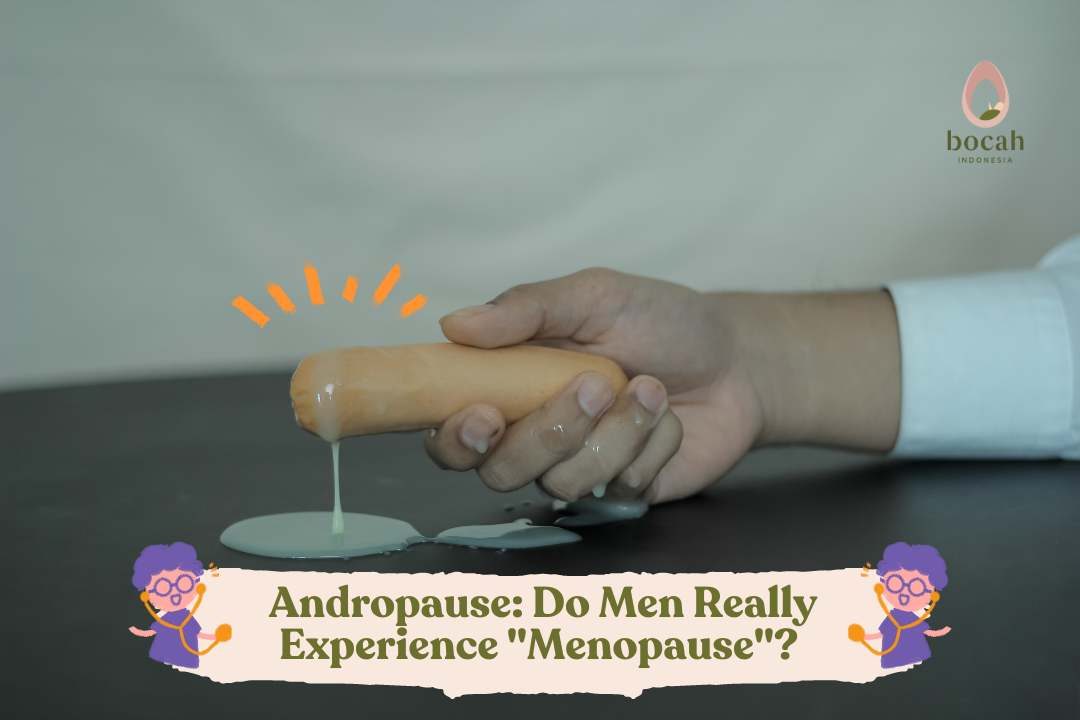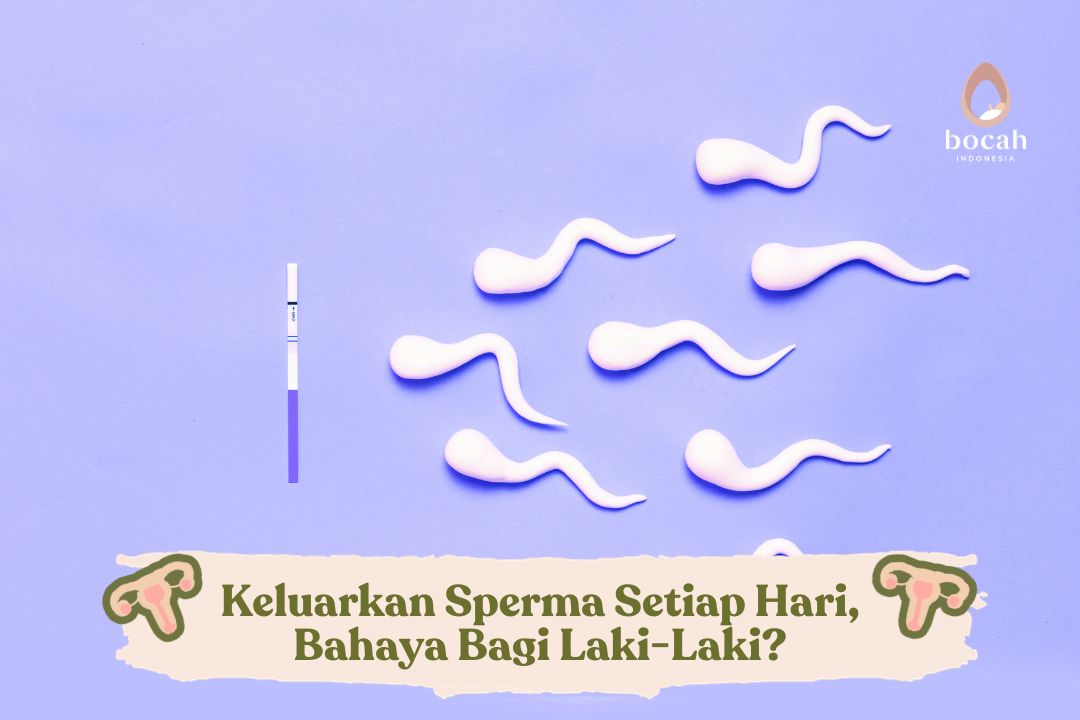The Benefits of Tomatoes for Men’s Health and Fertility
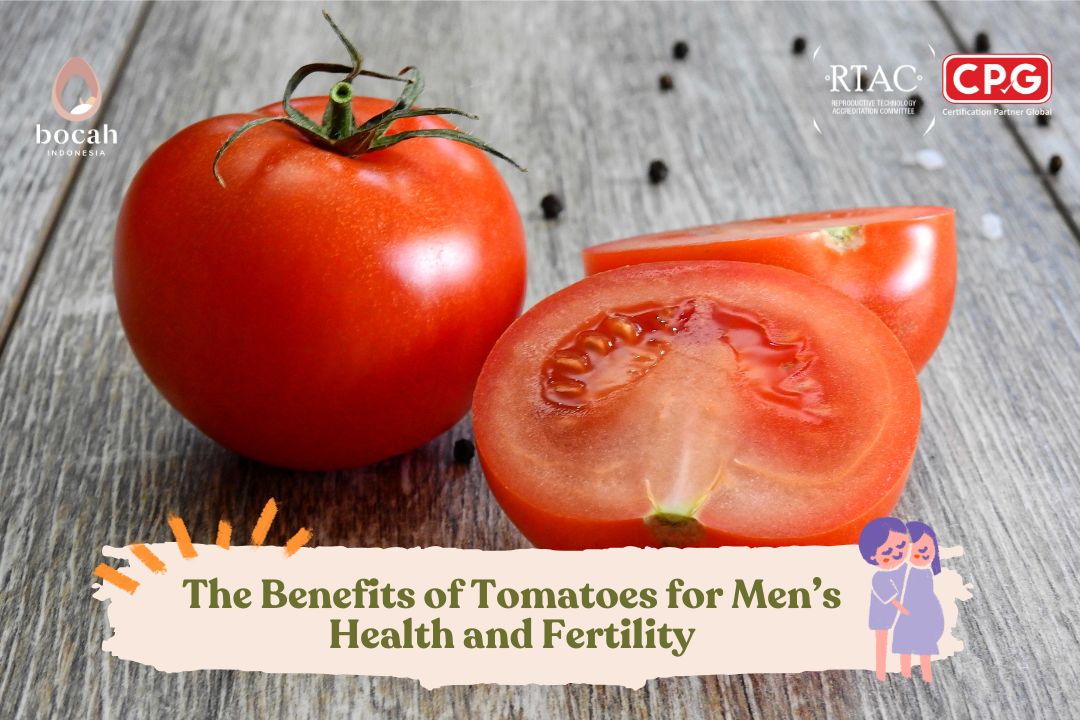
Lycopene in tomatoes is claimed to improve male fertility.
Good news for couples trying to conceive: studies have found that tomato consumption may help address several factors behind male infertility.
Tomatoes are a fruit easily found in many places. The primary active compound in tomatoes is lycopene, which gives them their red color and offers numerous health benefits.
Lycopene is a type of carotenoid. Carotenoids are naturally found in fruits and vegetables and give plants their yellow, orange, or red pigments. Plants use carotenoids in photosynthesis and for protection against excessive sunlight. While plants and microorganisms can produce carotenoids, humans cannot; the only way to obtain carotenoids is through consuming fruits and vegetables rich in these pigments.
Carotenoids are essential nutrients as they serve as a source of vitamin A and act as antioxidants. These antioxidants help protect the body from damage caused by free radicals.
Excessive free radicals in the body lead to oxidative stress, which is at the root of many chronic diseases, including cancer, diabetes, heart disease, Alzheimer’s disease, and infertility.
Mulai Journey of Hope
What Are the Benefits of Lycopene for Men?
Male infertility is often linked to poor sperm quality, commonly caused by oxidative stress. This condition damages the sperm cell membrane, DNA, and can even lead to sperm cell death. As a result, sperm viability (survival ability) and motility (movement ability) decrease.
Scientific evidence shows that lycopene’s antioxidant properties help balance free radical levels and reduce oxidative stress, thereby protecting sperm cells from damage.
Here are several scientific findings demonstrating lycopene’s positive effects on sperm quality:
-
Between 2008 and 2012, four studies reported that lycopene supplementation of 8 mg per day can increase sperm count by up to 70%.
-
In 2017, a study in Japan investigated the effects of tomato juice on sperm quality parameters in infertile men. A total of 44 men participated, randomly divided into three groups: one received tomato juice, one received antioxidant capsules, and one was a control group with no supplements. The group consuming one can of tomato juice (containing 30 mg lycopene) daily for 12 weeks showed a significant increase in sperm motility compared to the antioxidant capsule group (containing vitamin C 600 mg, vitamin E 200 mg, and glutathione 300 mg) and the control group. This was the first report showing that commercially available foods, like tomato juice, could benefit male infertility.
-
In 2019, researchers from the University of Sheffield, UK, studied the effects of lycopene supplementation on sperm quality in healthy men. Sixty healthy men were randomly divided into two groups: one received 14 mg of lycopene per day, and the other received a placebo. After 12 weeks, sperm analysis revealed that men taking lycopene experienced a nearly 40% increase in fast-swimming sperm, along with improvements in sperm size and shape.
-
To confirm previous findings, in 2023, researchers from the University of Sheffield collaborated with Jessop Fertility Clinic in the UK to study lycopene’s effects on infertile men undergoing treatment at the clinic. The 12-week study involved 80 male volunteers aged 18 to 50 with poor sperm quality. The study aimed to determine whether lycopene supplementation could increase the proportion of normal-shaped and fast-swimming sperm in infertile men. As of this article’s writing, official results from the study have not yet been published.
How to Obtain Lycopene Benefits from Tomatoes?
Lycopene from raw, unprocessed tomatoes is poorly absorbed by the human body. Absorption improves significantly when tomatoes are processed into paste or juice and heated with oil.
Therefore, to maximize lycopene intake, it is recommended to consume cooked tomatoes. Heating tomatoes for about 15 minutes can increase lycopene concentration by up to 170%. In addition, consuming cooked tomatoes with healthy fats such as olive oil or canola oil helps optimize lycopene absorption in the intestines.
Lycopene content in tomatoes varies depending on the type and processing method. Among fresh tomatoes, cherry tomatoes have the highest lycopene content, while grape tomatoes have the lowest. Fresh tomatoes generally contain 0.9–7.7 mg of lycopene per 100 grams. Among processed tomato products, tomato paste has the highest lycopene content. Tomato sauce contains 9.9–13.4 mg of lycopene per 100 grams.
For those who dislike or lack access to tomatoes, lycopene can also be obtained from other red-colored fruits and vegetables such as watermelon, papaya, red bell pepper, red cabbage, and red guava.
Is Male Fertility Solely Determined by Tomato Consumption?
Of course not. Improving male fertility involves more than just consuming lycopene-rich tomatoes. Here are simple steps to promote healthy sperm production:
-
Maintain a healthy weight.
-
Eat a balanced, nutritious diet rich in various fruits and vegetables loaded with antioxidants.
-
Prevent sexually transmitted infections by remaining faithful to one partner.
-
Manage stress to prevent hormonal imbalances that affect sperm production.
-
Engage in at least 30 minutes of physical activity daily.
-
Avoid smoking and limit alcohol consumption.
-
Keep the genital area cool. Elevated temperatures in the scrotum can inhibit sperm production. Wear loose-fitting underwear, limit prolonged sitting or cycling, avoid saunas and hot tubs, and avoid placing warm objects (such as laptops) on the lap.
Regular tomato consumption may serve as an alternative way to address male fertility issues. Lycopene, a powerful antioxidant, is believed to improve sperm quality.
Source:
- Aly HA, El-Beshbishy HA, Banjar ZM. Mitochondrial dysfunction induced impairment of spermatogenesis in LPS-treated rats: Modulatory role of lycopene. Eur J Pharmacol. 2012;677:31–8. doi: 10.1016/j.ejphar.2011.12.027.
- Durairajanayagam D, Agarwal A, Ong C, Prashast P. Lycopene and male infertility. Asian journal of andrology. 2014 May 1;16(3):420-5.
- Mangiagalli MG, Martino PA, Smajlovic T, Guidobono Cavalchini L, Marelli SP. Effect of lycopene on semen quality, fertility and native immunity of broiler breeder. Br Poult Sci. 2010;51:152–7. doi: 10.1080/00071660903401540.
- Mangiagalli MG, Cesari V, Cerolini S, Luzi F, Toschi L. Effect of lycopene supplementation on semen quality and reproductive performance in rabbit. World Rabbit Sci. 2012;20:141–8.
- Mohanty N, Kumar S, Jha A, Arora R. Management of idiopathic oligoasthenospermia with lycopene. Indian J Urol. 2001;18:57–61.
- Shafe MO, Gumede NM, Nyakudya TT, Chivandi E. Lycopene: A Potent Antioxidant with Multiple Health Benefits. Journal of Nutrition and Metabolism. 2024;2024(1):6252426.
- Williams EA, Parker M, Robinson A, Pitt S, Pacey AA. A randomized placebo-controlled trial to investigate the effect of lactolycopene on semen quality in healthy males. European Journal of Nutrition. 2020 Mar;59:825-33.
- Yamamoto Y, Aizawa K, Mieno M, Karamatsu M, Hirano Y, Furui K, Miyashita T, Yamazaki K, Inakuma T, Sato I, Suganuma H. The effects of tomato juice on male infertility. Asia Pacific journal of clinical nutrition. 2017 Jan;26(1):65-71.



